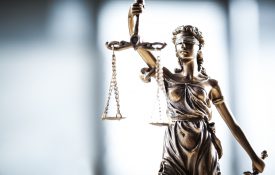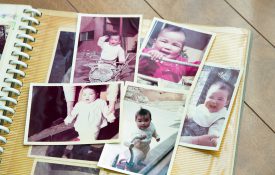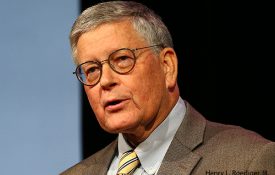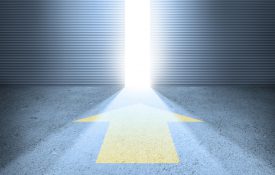-

Myth: Eyewitness Testimony is the Best Kind of Evidence
Activities in this unit reveal how eyewitness testimony is subject to unconscious memory distortions and biases even among the most confident of witnesses. Visit Page
-

Many People’s Earliest Memories May Be Fictional
In a large survey of people’s first memories, nearly 40% of participants reported a first memory that is likely to be fictional. Visit Page
-

A Grand Memory Tour
In a wide-ranging look at memory, psychological scientists Henry “Roddy” Roediger, III, Dorthe Berntsen, Qi Wang, and Charan Ranganath reveal how brain circuitry, situational cues, culture, and shared experiences influence our recollections. Visit Page
-

Imagining a Positive Outcome Biases Subsequent Memories
Results from two studies suggest that imagining an upcoming event may ‘color’ memory for that event after the fact. Visit Page
-

New Research From Psychological Science
A sample of new research exploring hormones and externalizing behavior in adolescents, source information and working memory, language exposure and brain development, and the gender-equality paradox in STEM. Visit Page
-

Déjà Vu May Feel Like a Premonition, but It’s Not
In a study on déjà vu, participants were no more likely to accurately forecast the future than if they were blindly guessing — but when they were experiencing déjà vu, they felt like they could. Visit Page

